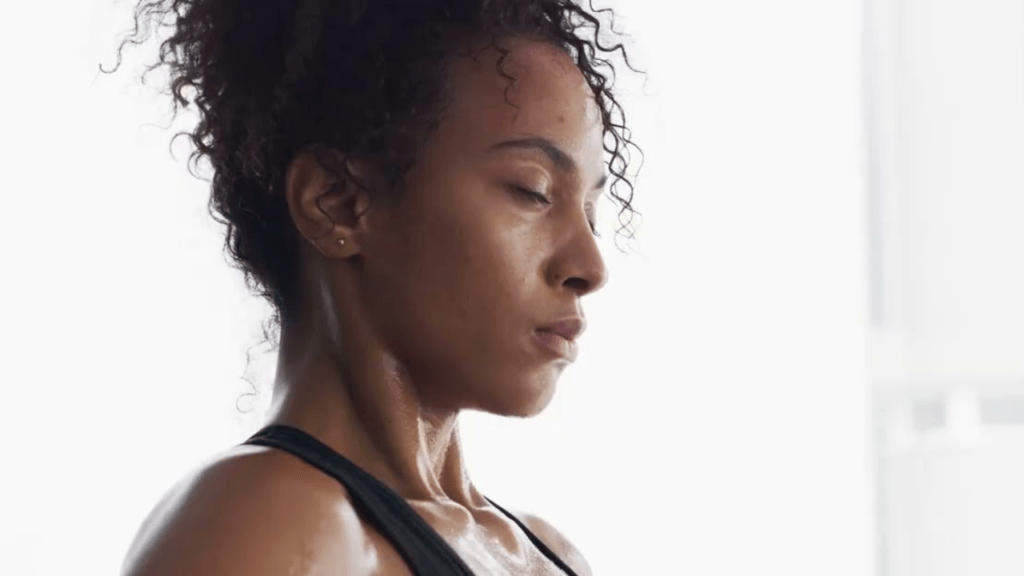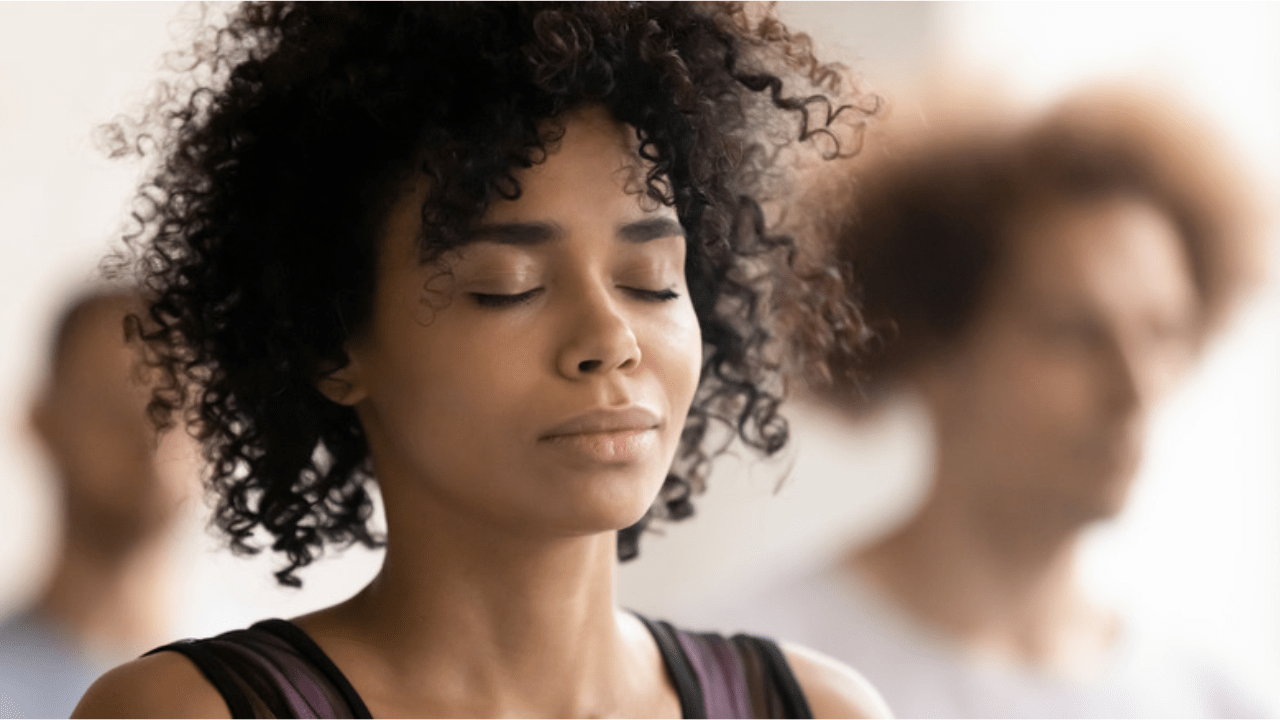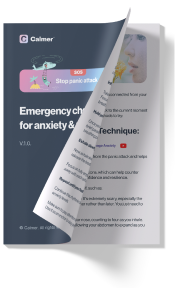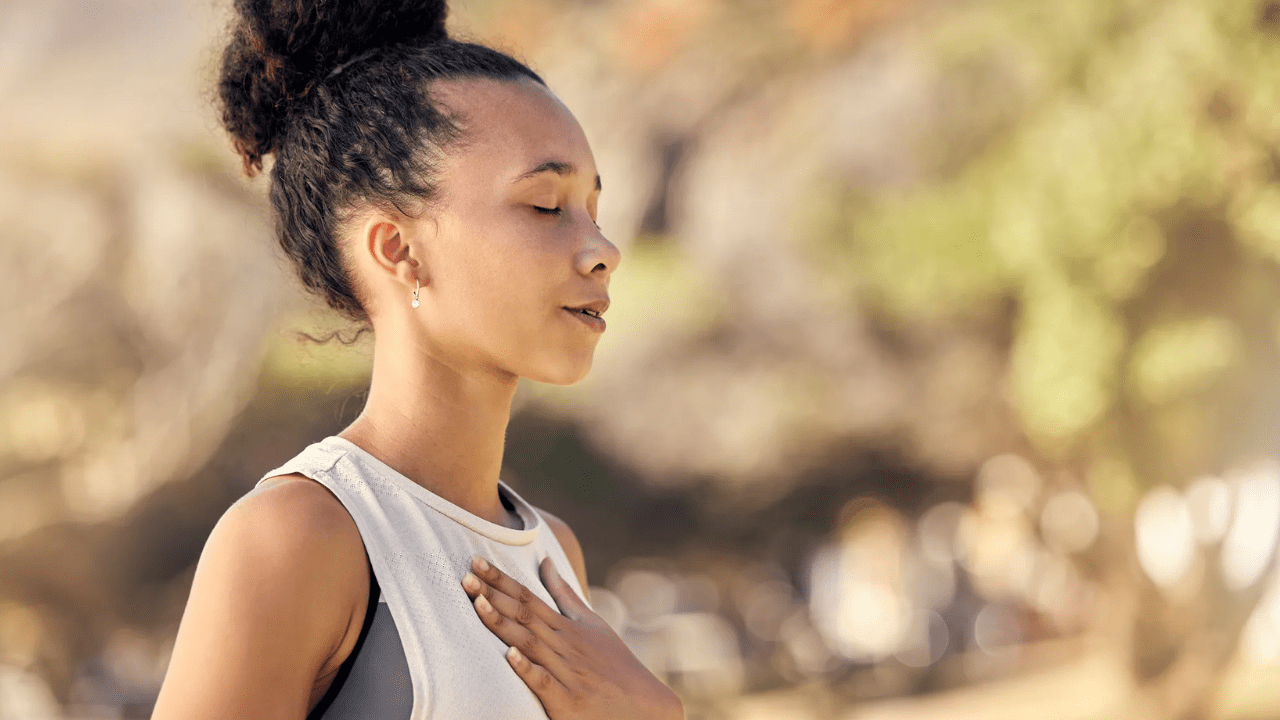We all know what it’s like – an overwhelming moment at work where you just want to end it all or a never-ending exam season that’s finally getting to you. You want nothing more than to take a break and maybe even jump on a plan for a vacation in Hawaii.
Unfortunately, it’s not in the cards. So what do you do? Well, you can breathe. Breathing has been proven to reduce stress levels and help you in moments exactly like these. If you want to learn more about how breathing reduces stress and different breathing exercises, keep reading.
How do Breathing Exercises Reduce Stress?

When you’re stressed, the sympathetic part of your nervous system is working over time. It releases a hormone called adrenaline in the blood, which prepares the body to deal with the situation at hand. The adrenaline in your system gets the blood pumping, and your heart beats faster.
And while your senses do get sharper, your prefrontal cortex, the logical part of your brain, loses its ability to process information. This is why it’s hard to listen to rational thinking when you are stressed. However, breathing can help, mostly because different emotions are associated with breathing.
When you are stressed, your breath will be rapid, shallow, and irregular. When you’re excited your breath will be regular and rapid. Shallow breathing can actually worsen the symptoms of stress or an anxiety attack.
Whereas, when you slow down your breathing, you can trick your brain into relaxing by stimulating the vagus nerve. The vagus nerve is part of the parasympathetic system otherwise known as the rest and digest system.
This is why different meditation and yoga exercises involve breath control. These exercises focus on deliberately copying a breathing pattern that’s known to calm down the nervous system.
Benefits of Breathing Exercises
Several studies have shown that breathing exercises can lead to positive emotions and better mental health. Additionally, breathing exercises also help improve the oxygen-carrying capacity of blood and reduce the stress on the heart.
By getting rid of the accumulated air, breathing exercises improve overall respiration and lung capacity. Other benefits of breathing exercises include lower blood pressure, better digestion, reduced lactic acid build-up in the muscle tissue, and reduced tension in the abdomen.
Breathing Exercises for Anxiety

Numerous breathing exercises can effectively alleviate anxiety. You can experiment with various techniques online to discover which ones resonate with you the most. Here, we’ve outlined a few to help you get started:
Diaphragmatic Breathing Method
The Diaphragmatic Breathing Method, otherwise known as belly breathing, is a simple exercise that can effectively calm you down in moments of distress. For this exercise, lie down on a flat surface. Place one hand on your chest and the other on your abdomen.
Next, breathe in through your nose and breathe out through your mouth while observing the movements of your hand. You want to keep the hand on your chest as still as possible. Repeat this exercise for 3-5 minutes until you feel better.
Progressive Muscle Relaxation
Progressive Muscle Relaxation (PMR) involves tensing different muscle groups and relaxing them one by one. Start by lying down in a comfortable position and taking a few deep breaths to help recenter your mind.
Next, breathe in and tense the muscles of your feet. Then, breathe out and relax the muscles of your feet. Do the same for different muscle groups, working your way up from the bottom to the top.
Counted Breathing
You can also try a counting pattern to refocus your mind. You can start with the 3-4 breathing method. Count to 3 while breathing in and then breathe out while counting to 4. You can also try the 5-5 breathing method.
Count to 5 for each inhale and exhale. You will want to slowly increase the time so that each count represents one second, making one respiration cycle last as long as ten seconds.
Modified Lion’s Breath
For the Modified Lion’s Breath exercise, imagine yourself as a lion, sitting comfortably on a chair or lying down. Breathe in through your nose, expanding your lungs to their maximum capacity. When you feel like you have reached your limit, open your mouth as wide as you can and breathe out with an audible HA sound.
You can repeat this exercise several times until you begin to experience a sense of calmness.
Conclusion
Summing it up, directing your attention to your breath can be a highly effective self-help strategy in stressful situations. By slowing down your breath, you give your nervous system a time-out, allowing you to return to the situation with a fresh perspective.
Breathing exercises can also help improve your physical well-being by enhancing the function of your cardiovascular and respiratory systems. To reap these benefits, you can look into different breathing exercises. For the best results, make sure to incorporate these into your daily routine.
FAQs
How should you breathe when stressed?
When you’re stressed, don’t focus on exerting yourself. Instead, let your body breathe for you. Take a deep breath through your nose, completely filling your lungs. And then exhale through your mouth without forcing your breath. Repeat the exercise a couple of times.
What is the 4 7 8 breath method?
The 4 7 8 breath method is a special way of breathing to reduce a person’s level of anxiety and get them to calm down. You will have to breathe in for 4 seconds, hold your breath for 7 seconds, and then exhale for 8 seconds as part of the technique.
How breathing calms you down?
Deep breathing activates the parasympathetic nervous system. This part of your brain is responsible for bringing your body back to rest after the sympathetic nervous system activates the fight or flight response in stressful situations.



